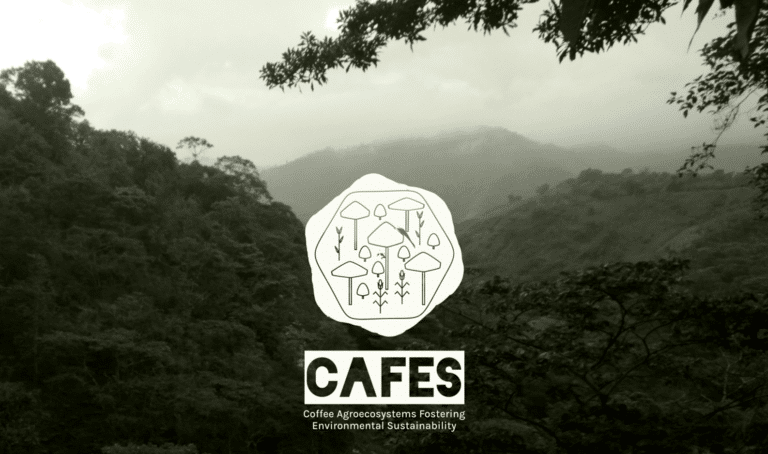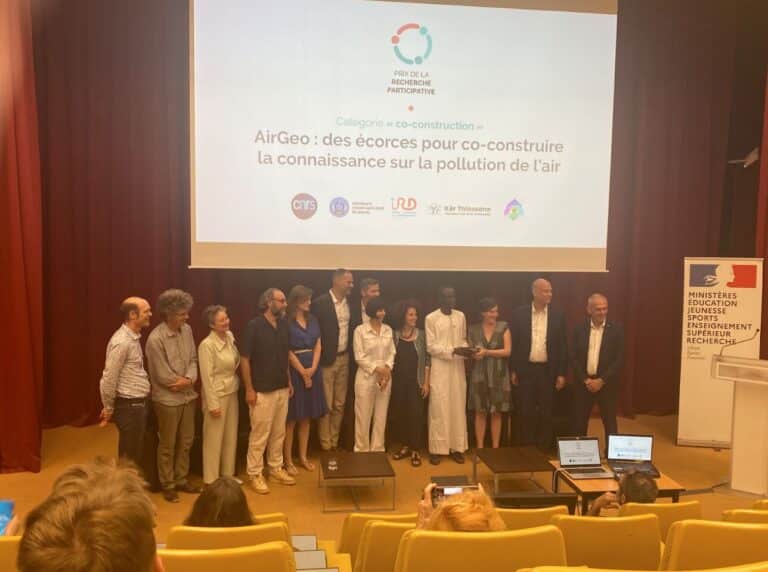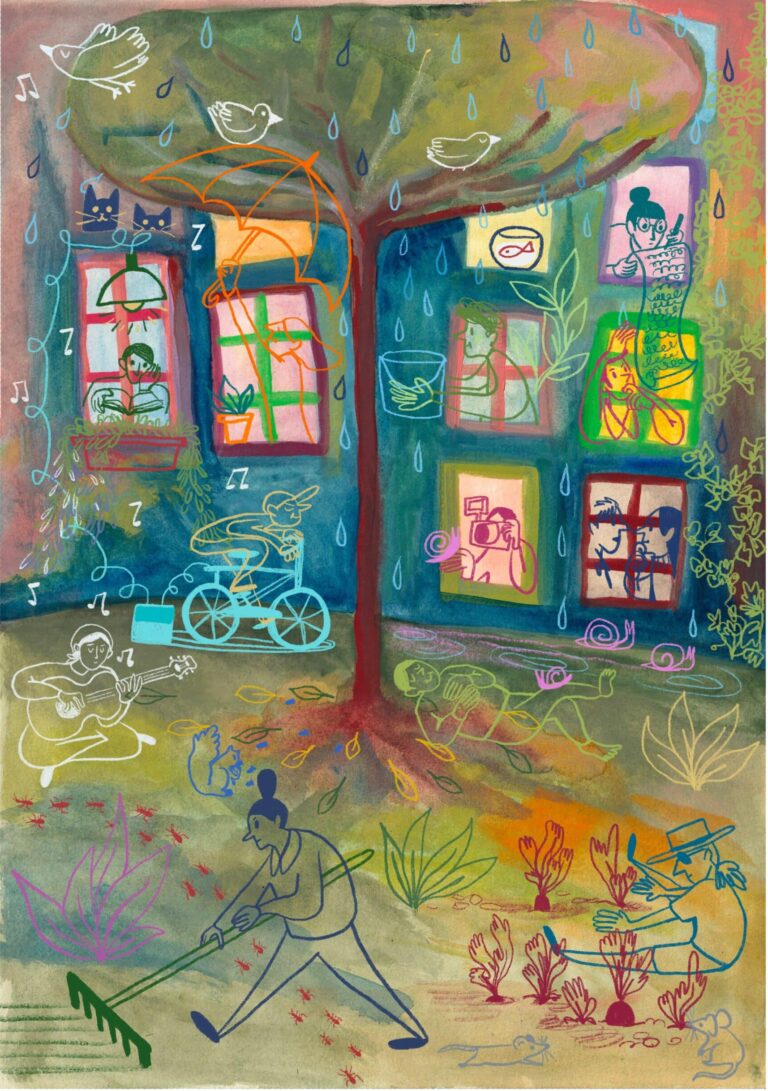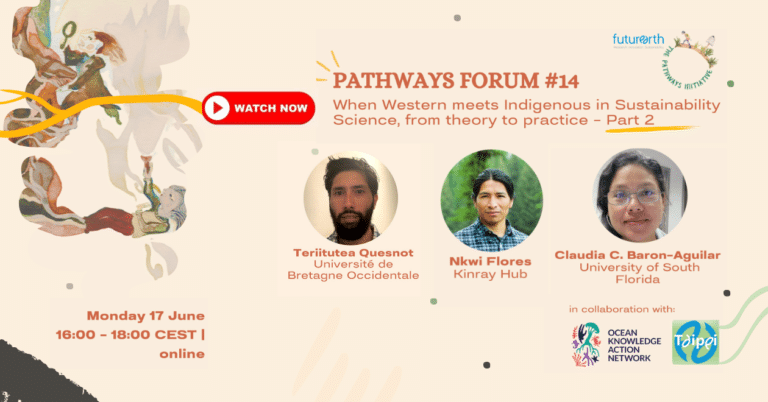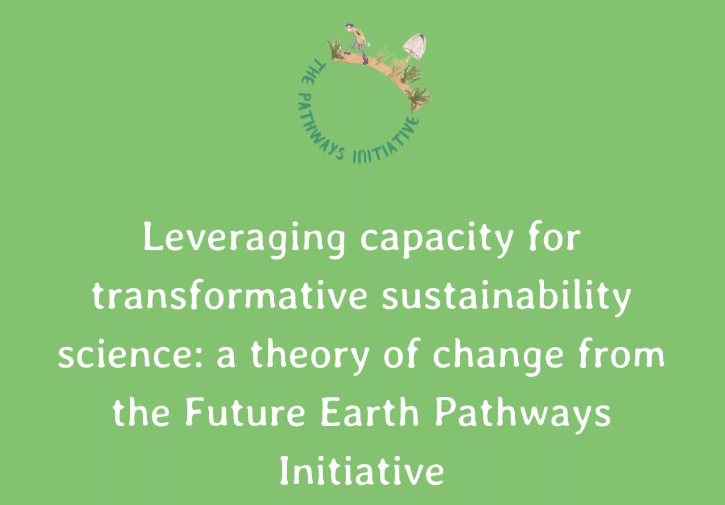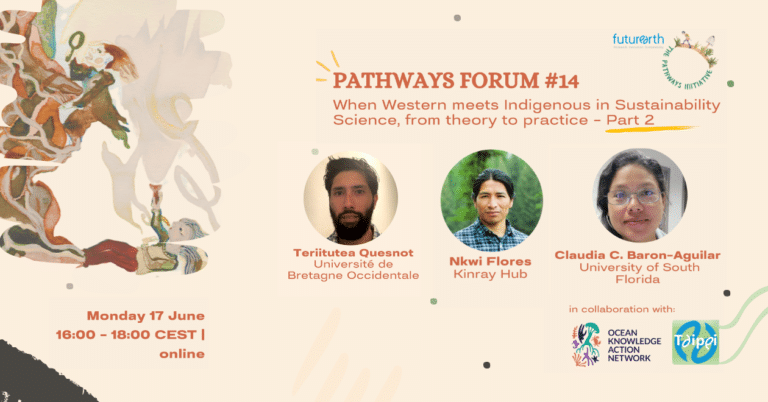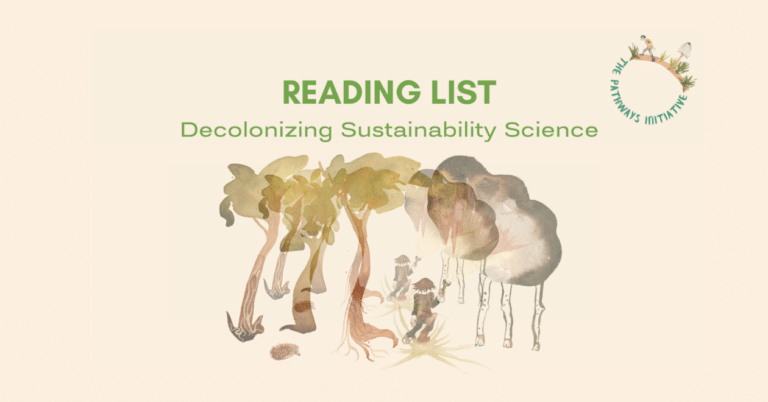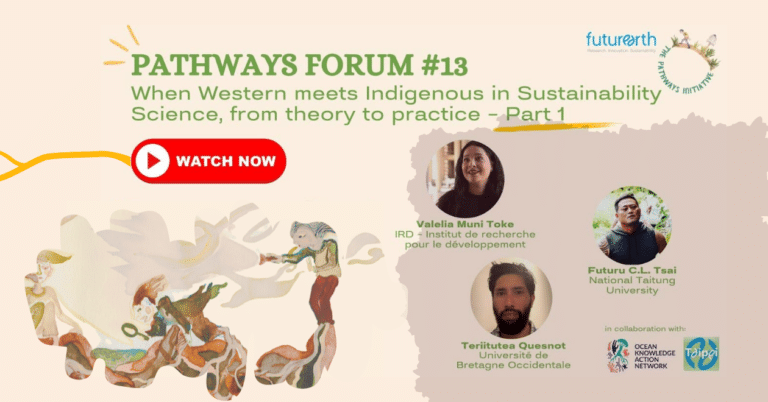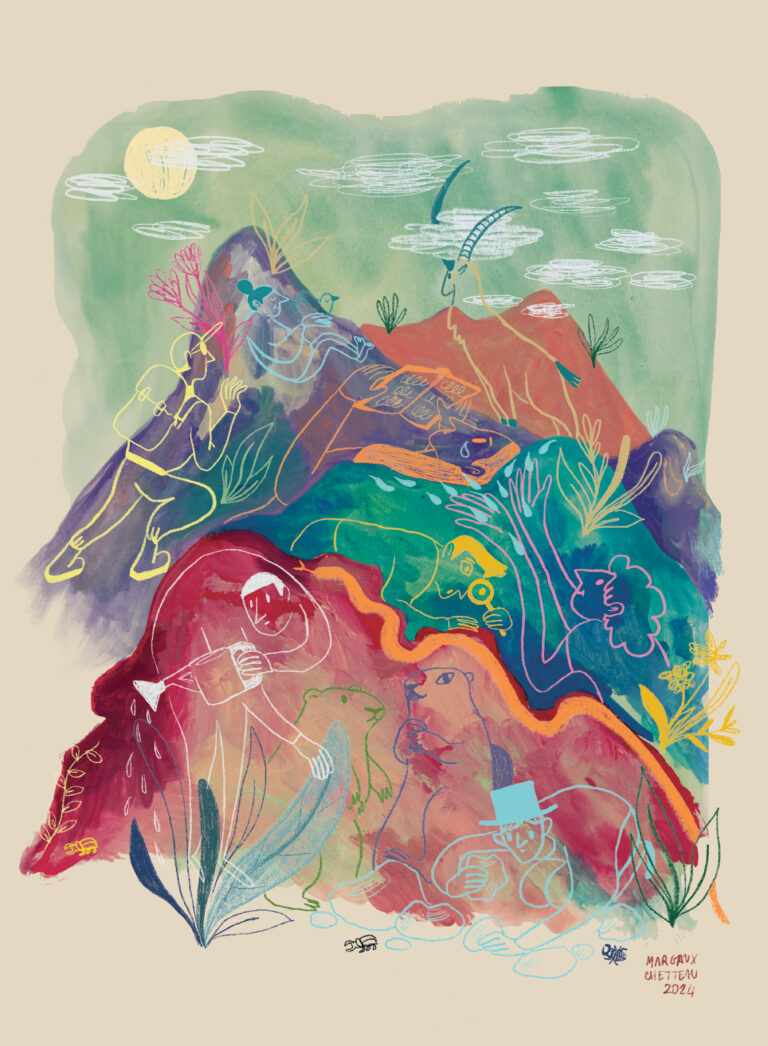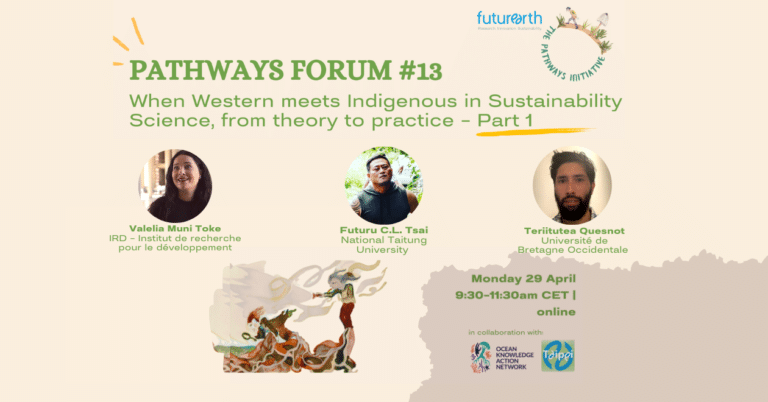The Pathways Communication Grant was launched in late 2021 with the aim of promoting wider uptake and understanding of science-based pathways to sustainability through the dissemination of findings via innovative formats and practices. The high number of project proposals received in the first round of funding, which closed on January 31, 2022, shows that there is a need for this type of funding and we are very pleased to be able to help support our community’s needs.
Following a rigorous evaluation process, the selection committee, comprising science experts and communications experts, selected the following projects to be funded:
The backstage of transformations: a case of envisioning small-scale fisheries futures in a Global South context
Small-scale fisheries are at a crossroads: local blue food is more important than ever, but fishers are struggling to sustain their livelihoods and culture. Multiple actors are collaboratively envisaging potential local solutions and articulating sustainability initiatives to overcome this challenge. Our film will document a coalescence process of sustainability initiatives aimed at fostering a transformation of small-scale fisheries in Uruguay, South America. The film will help amplify the individual and collective impact of the initiatives by providing co-produced visions of the future, a conjunction of multiple and diverse values, contexts and place-based experiences to fuel new narratives of change.
10 Facts on Land Systems for Sustainability
The Global Land Programme (GLP) released a peer-reviewed paper in PNAS, the Proceedings of the National Academy of Sciences of the United States of America, and an accompanying Report for Policy and Practice intended to communicate beyond the scientific community, identifying « 10 Facts » about global land use and detailing opportunities for designing more sustainable and equitable pathways to land, taking the diversity of development goals associated with land use and management.
GLP’s theory of change for the policy report is that improved understanding of land systems via the 10 facts can help people from civil society co-designers to global-level decision makers make better decisions on land.
The study is intended to inform policies aimed at addressing challenges like how to limit the impacts of climate change, designing systems for sustainable food and energy production, protecting biodiversity, and balancing competing claims to land ownership. It also details implications for policymakers to consider if they hope to develop economically, culturally, and environmentally sustainable pathways and solutions to these complex challenges.
Fair Food Futures: Engaging civil society in transforming food systems and localising the Sustainable Development Goals
‘Zero Hunger’ requires radical solutions that emphasise ‘food justice’ – reducing inequality by ensuring equitable access to fairly produced, ecologically sustainable and healthy food. This project will translate findings on Fair Food Futures in Australia, where grassroots food system actors – such as urban gardeners, farmer cooperatives, food charities and ‘fair food’ advocates – have co-created scenarios for community-led food system reform and the possible pathways to get us there. The project will deliver an animation and podcast series exploring the connections between food justice and the global SDG agenda and will support civil society and policy makers to craft sustainability pathways together.



